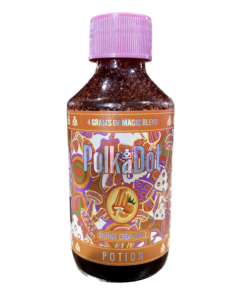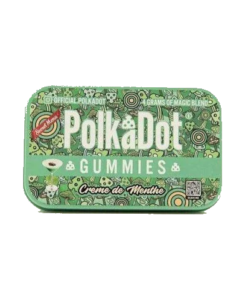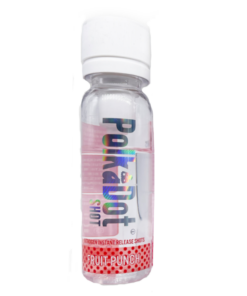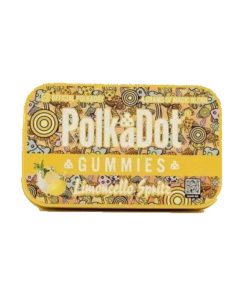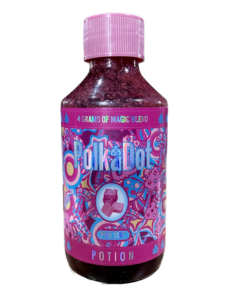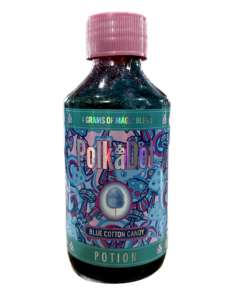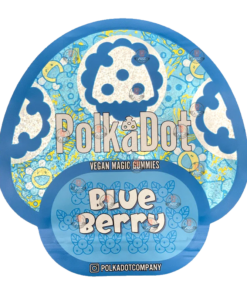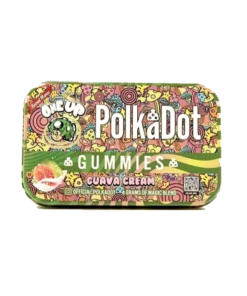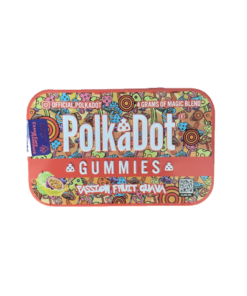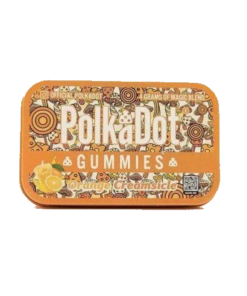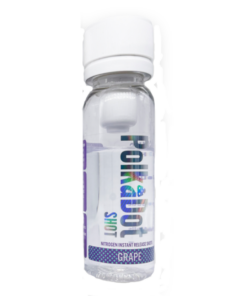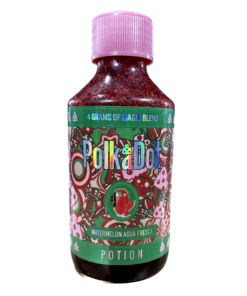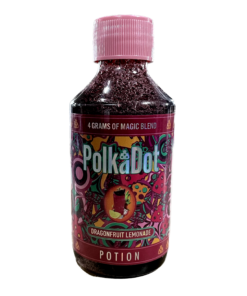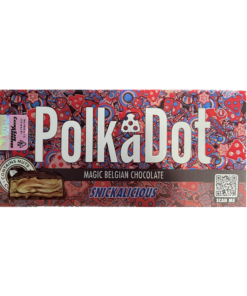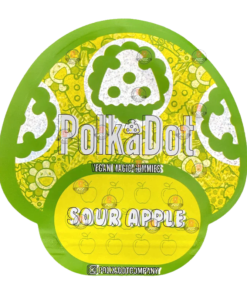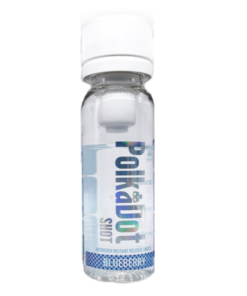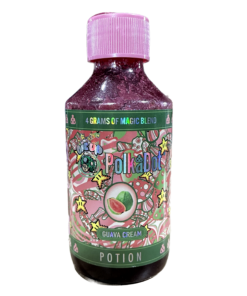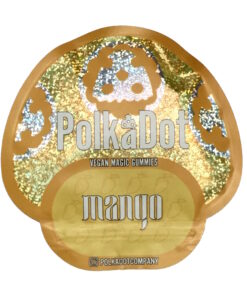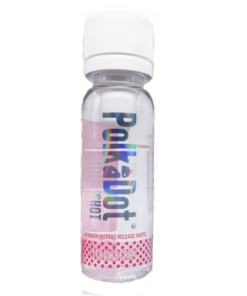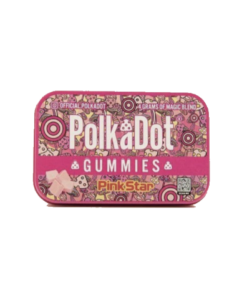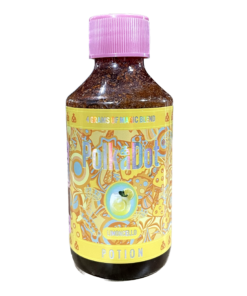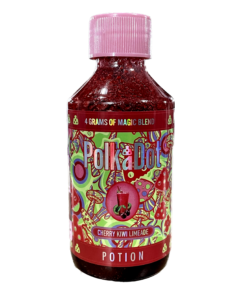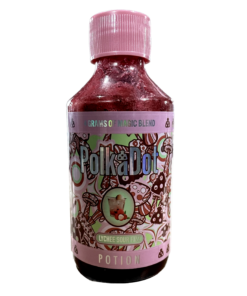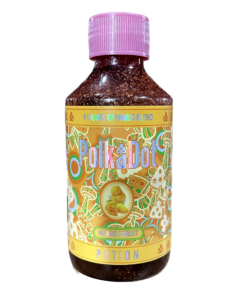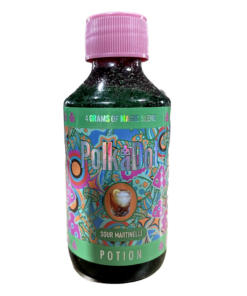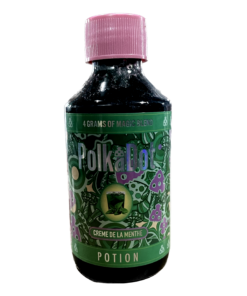The surge in popularity of shroom supplements owes to their touted health and wellness advantages. As a dietary supplement, mushrooms boast a nutritional powerhouse, packed with vitamins, minerals, and antioxidants.
Additionally, their properties include anti-inflammatory, antifungal, and antiviral effects. This exploration delves into the potential benefits of mushroom supplements and suggests seamless ways to integrate them into daily life.
Integrating Mushroom Supplements into Daily Diet
Embracing mushroom supplements into your diet is effortless. These supplements can seamlessly blend into smoothies, soups, or various dishes.
Alternatively, capsules or tablets offer convenient consumption. However, sourcing these supplements from reliable sources is crucial to avoid potential toxins or contaminants.
Nutritional Proficiency of Mushroom Supplements
Mushroom supplements deliver an array of nutrients essential for overall health. Laden with vitamins, minerals, polysaccharides, and antioxidants, they encompass diverse benefits.
For instance, mushrooms serve as a rich source of vitamin D, vital for calcium absorption and bone health. Iron within them aids oxygen transportation in the body, crucial for energy production.
Additionally, selenium and copper in mushrooms contribute to immune health and red blood cell formation, respectively.
Embracing Antioxidants within Mushroom Supplements
Mushroom supplements house various antioxidants, shielding cells from free radical damage. These radicals, byproducts of cellular metabolism, can induce oxidative harm to cells and tissues if left unchecked.
The antioxidants present in mushrooms—ergothioneine, phenols, and carotenoids—counteract this damage, potentially enhancing overall health.
Unveiling the Anti-inflammatory Potential
The anti-inflammatory properties within mushroom supplements serve to mitigate bodily inflammation. While inflammation is a natural defense mechanism against injury and infection, chronic inflammation can lead to diverse health issues.
Certain mushroom species feature compounds like beta-glucans, lectins, and phenols that aid in reducing inflammation.
Harnessing Antifungal and Antiviral Effects
Mushroom supplements are believed to harbor antifungal and antiviral effects owing to specific compounds that inhibit fungi and virus growth. These compounds—polysaccharides, lectins, and terpenoids—contribute to these beneficial attributes.
Potential Side Effects and Safety Precautions
Though generally safe, mushroom supplements might trigger side effects like nausea, vomiting, or diarrhea. Certain mushroom species may cause allergic reactions. Seeking advice from a healthcare professional before usage, especially when on medication, is advisable.
Diverse Types of Mushroom Supplements
The mushroom supplement market is flourishing, offering herbal health supplements derived from medicinal mushrooms like reishi, shiitake, maitake, and cordyceps.
These supplements boast health benefits spanning immunity boost, increased energy, and reduced inflammation. They come in various forms—teas, tinctures, capsules, or powders—and can be combined with other natural herbs like Echinacea, Astragalus, and Rhodiola to create potent formulas.
Conclusion: Embracing Mushroom Supplements for Health
Mushroom supplements, garnering attention for their potential health benefits, pack a nutritional punch. Laden with vitamins, minerals, antioxidants, and other compounds offering anti-inflammatory, antifungal, and antiviral effects, they are easy to integrate into one’s dietary routine.
While generally safe, consulting a healthcare professional before consumption, especially alongside medication, is essential.
$100.00 – $750.00
This product has multiple variants. The options may be chosen on the product page
$90.00 – $1,600.00
This product has multiple variants. The options may be chosen on the product page
$90.00 – $1,600.00
This product has multiple variants. The options may be chosen on the product page
$90.00 – $1,600.00
This product has multiple variants. The options may be chosen on the product page
$90.00 – $1,600.00
This product has multiple variants. The options may be chosen on the product page
$100.00 – $750.00
This product has multiple variants. The options may be chosen on the product page
$90.00 – $1,600.00
This product has multiple variants. The options may be chosen on the product page
$90.00 – $1,600.00
This product has multiple variants. The options may be chosen on the product page
$90.00 – $1,600.00
This product has multiple variants. The options may be chosen on the product page
$90.00 – $1,600.00
This product has multiple variants. The options may be chosen on the product page
$90.00 – $1,600.00
This product has multiple variants. The options may be chosen on the product page
$100.00 – $750.00
This product has multiple variants. The options may be chosen on the product page
$100.00 – $750.00
This product has multiple variants. The options may be chosen on the product page
$90.00 – $1,600.00
This product has multiple variants. The options may be chosen on the product page
$90.00 – $1,600.00
This product has multiple variants. The options may be chosen on the product page
$90.00 – $1,600.00
This product has multiple variants. The options may be chosen on the product page
$90.00 – $1,600.00
This product has multiple variants. The options may be chosen on the product page
$90.00 – $1,600.00
This product has multiple variants. The options may be chosen on the product page
$90.00 – $1,600.00
This product has multiple variants. The options may be chosen on the product page
$100.00 – $750.00
This product has multiple variants. The options may be chosen on the product page
$100.00 – $750.00
This product has multiple variants. The options may be chosen on the product page
$100.00 – $750.00
This product has multiple variants. The options may be chosen on the product page
$90.00 – $1,600.00
This product has multiple variants. The options may be chosen on the product page
$90.00 – $1,600.00
This product has multiple variants. The options may be chosen on the product page
$90.00 – $1,600.00
This product has multiple variants. The options may be chosen on the product page
$90.00 – $1,600.00
This product has multiple variants. The options may be chosen on the product page
$100.00 – $750.00
This product has multiple variants. The options may be chosen on the product page
$90.00 – $1,600.00
This product has multiple variants. The options may be chosen on the product page
$90.00 – $1,600.00
This product has multiple variants. The options may be chosen on the product page
$100.00 – $750.00
This product has multiple variants. The options may be chosen on the product page
$90.00 – $1,600.00
This product has multiple variants. The options may be chosen on the product page
$90.00 – $1,600.00
This product has multiple variants. The options may be chosen on the product page
$90.00 – $1,600.00
This product has multiple variants. The options may be chosen on the product page
$90.00 – $1,600.00
This product has multiple variants. The options may be chosen on the product page
$100.00 – $750.00
This product has multiple variants. The options may be chosen on the product page
$90.00 – $1,600.00
This product has multiple variants. The options may be chosen on the product page
$90.00 – $1,600.00
This product has multiple variants. The options may be chosen on the product page
$90.00 – $1,600.00
This product has multiple variants. The options may be chosen on the product page
$100.00 – $750.00
This product has multiple variants. The options may be chosen on the product page
$100.00 – $750.00
This product has multiple variants. The options may be chosen on the product page
$90.00 – $1,600.00
This product has multiple variants. The options may be chosen on the product page
$90.00 – $1,600.00
This product has multiple variants. The options may be chosen on the product page
$90.00 – $1,600.00
This product has multiple variants. The options may be chosen on the product page
$100.00 – $750.00
This product has multiple variants. The options may be chosen on the product page
$90.00 – $1,600.00
This product has multiple variants. The options may be chosen on the product page
$90.00 – $1,600.00
This product has multiple variants. The options may be chosen on the product page
$100.00 – $750.00
This product has multiple variants. The options may be chosen on the product page
$100.00 – $750.00
This product has multiple variants. The options may be chosen on the product page
$100.00 – $750.00
This product has multiple variants. The options may be chosen on the product page
$90.00 – $1,600.00
This product has multiple variants. The options may be chosen on the product page


